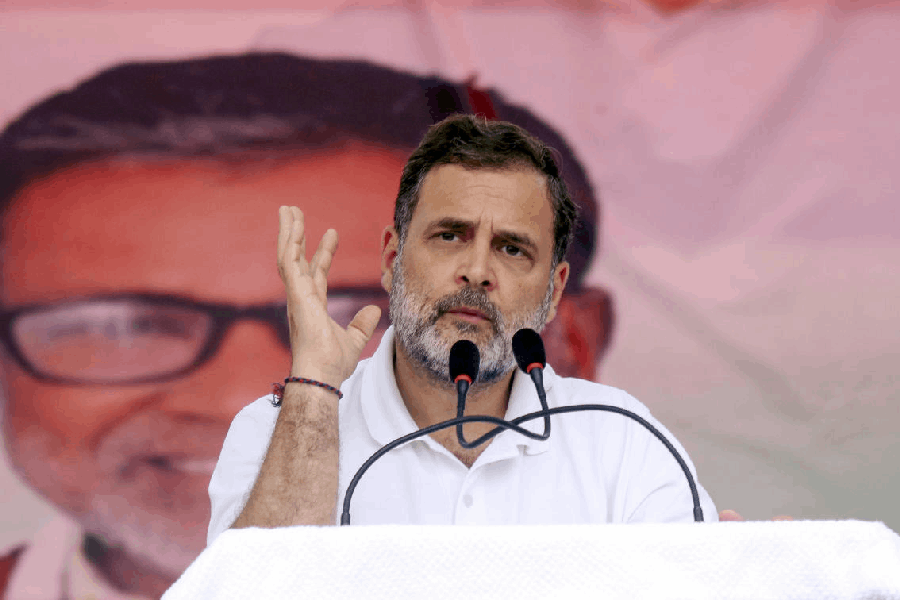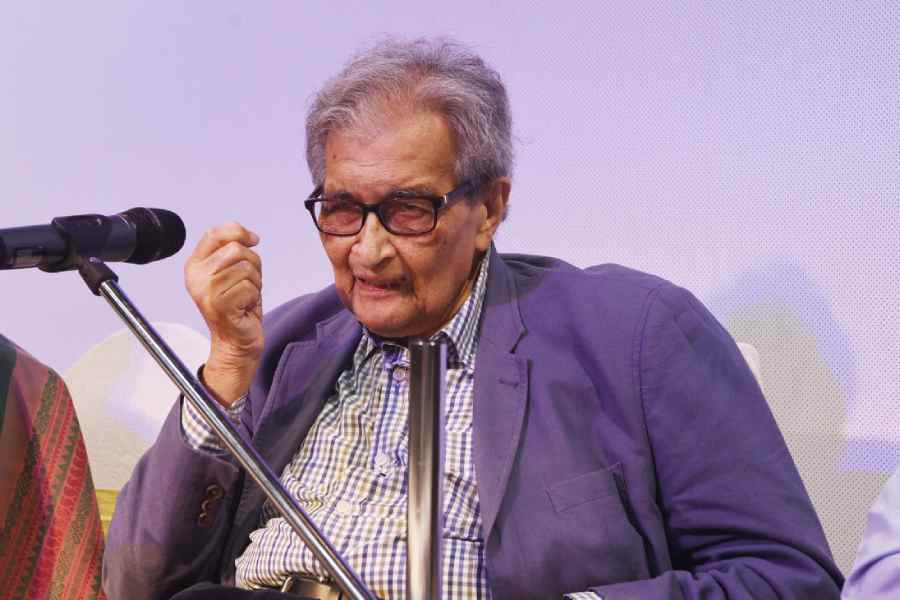.jpg)
For fond gambler Umang Aggarwal, the news comes at the right time. The banker often thought of placing bets on cricket matches but was dissuaded by legal bans. The Delhi resident, who travels to Goa several times a year to try his luck out at casinos, often rued over the limited gambling options that were legal. But this month, he will have a new destination to choose from - and this time around it won't be limited to gambling.
Sikkim is expected to set up betting shops across the state. This will allow people to place bets on major sporting events across the world from within the state.
In August, the Sikkim Legislative Assembly passed the Sikkim Online Gaming (Regulation) Amendment Bill, 2015, allowing India's first legal betting shops to come up in the state. "Though Sikkim isn't greatly accessible, it is better than overseas travel for betting. Also, everything will be legal," Aggarwal says.
The move comes at a time when spot-fixing and betting in cricket tournaments are seldom out of the news. But industry insiders who support legalising betting hail the step. The bill, which is expected to be notified soon, will allow private players to open centres for betting. The activities will be conducted via the intranet (a private network). India has so far only allowed betting on horse racing, lotteries conducted by state governments and casinos in Goa, Sikkim and Daman and Diu.
"Though this law allows bets to be placed only within the physical boundaries of the state, it is a big step," says Jay Sayta, corporate lawyer and founder of glaws.in, an online portal on gambling laws in the country. Sayta, who has often spoken in favour of legalising gambling, believes this will tap the illegal market to some extent. "But anyone who wants to place bets will have to be physically present in Sikkim," he says.
Recently, a special investigation team appointed by the Supreme Court in a report referred to black money generation in cricket betting. Justice Mukul Mudgal, who had earlier headed a panel and probed the 2013 Indian Premiere League betting and spot-fixing scandal, also publicly spoke about the need for legalising sports betting to prevent black money transactions.
According to the European Gaming and Betting Association, regulated betting accounted for $58 billion (or around 14 per cent) of the $430 billion in the total global gambling yield in 2012. It is predicted to touch $70 billion in 2016. According to a 2012 Federation of Indian Chambers of Commerce and Industry and KPMG report, the betting market in India is pegged at Rs 3 lakh crore.
At a conference held two years ago, the industry body had argued in favour of legalising betting, saying that it could fetch the exchequer anything between Rs 12,000 crore and Rs 19,000 crore annually.
For Sikkim, with a population of a little over six lakh, betting is another way to attract tourists and earn revenue. In 2009, Sikkim became the first state to offer manually-operated casinos on land. In Goa, casinos are stationed offshore and they pay over Rs 100 crore in taxes to the government. Sikkim currently has two operational casinos in five-star hotels.
.jpg)
"It is a big move for us. When horse racing is legal in our country, we can think of legalising betting in other forms of sports too. Also, we are hoping that we will be able to attract domestic tourists with this initiative," tourism and civil aviation minister Ugen T. Gyatso says.
So far, the state has issued licences to three companies which will start operations soon. Sikkim is gearing up for a tourist windfall. The number of tourists went up from 4-5 lakh to 12 lakh once casinos came up. "With this new law, we hope to double the numbers, though our aim is to get 50 lakh tourists a year," Gyatso says. "The airport in Sikkim will become operational by 2017, so it isn't a tough target to achieve."
The companies have already started putting in place infrastructure for the new betting shops. Maarm International Pvt. Ltd, one of the three licence holders, has zeroed in on the upscale MG Road in Gangtok. "We will start operating from a 6,600-sqft area once we get all the formalities cleared. Our target is the end of September," says Manoj Sethi, director, Maarm International Pvt. Ltd.
It has started a marketing campaign by putting up large hoardings across the capital, Gangtok. Besides betting, the company intends to offer games such as poker, baccarat, blackjack and roulette.
Sikkim has been preparing for the big gamble since 2008 when it first passed the Sikkim Online Gaming (Regulation) Act, which was planned for Internet betting throughout India. In 2009, Sikkim issued provisional licences to key players.
"We wanted Sikkim to be the base from where websites could run online betting games and anyone from anywhere could play online," says K.P. Sharma, directorate, Sikkim State Lotteries. But last year the home ministry asked the state to revise its law and restrict its betting activity to the state.
"Since gambling is a state subject, Sikkim could start this activity. But these websites could be blocked by other states. Also, the Reserve Bank of India indicated that it would not allow payment gateways to accept deposits on such gambling websites. So the best option for Sikkim was to offer betting through intranet gaming terminals within the state," Sayta explains. "It would have earned us a lot more in revenue if we were allowed to expand through online betting," Sharma adds.
The private licence holders are looking at expanding the market in the future. "There is huge market potential and the government can earn high tax returns by legalising betting. Sikkim can lead by example," says Kapil Khanna, founder of Teesta Distributors, a lottery business in Mizoram. Khanna is also a consultant to Future Gaming, one of the players setting up shop in Sikkim.
International players too are looking at the market with keen interest. "Since they can't enter directly, they are in talks with private players such as us," Khanna reveals.
International online betting agencies such as William Hill, Bet365, Ladbrokes and Betfair are some of the organisations believed to be keen to enter India. "We are discussing a joint venture with an international company," Khanna adds.
But not everyone is gung-ho about the move. Opposition parties have been critical. "Gambling is a social evil. The gaming terminals can be connected to the servers via a cable connection and so it will allow terminals to open up in all corners of the state. This new step will further harm the locals who may fall prey to betting," says Navraj Gurung, general secretary, Sikkim Krantikari Morcha.
But for the moment Sikkim is crunching numbers. "We are looking at tax revenues of around Rs 5 crore per annum from each of the betting shops," Sharma says. At present, the companies have been asked to pay 10 per cent of the net income or Rs 5 crore, whichever is higher, to the tax department.
There is money to be minted here. Any bets?
Wanna bet?
- Head for Sikkim’s betting shops. You’ll be able to place bets on major sporting events across the world from within the state
- The state has issued licences to three private companies to set up betting centres
- Besides betting on sports, these companies may offer games such as poker, baccarat, blackjack and roulette.

.jpg)








